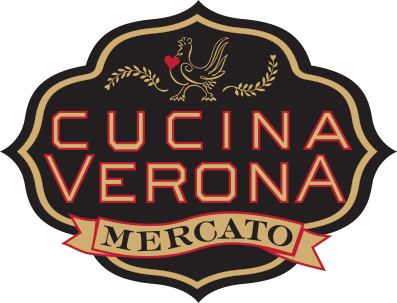Risotto is a classic Italian dish with a rich history that goes back centuries. Known for its deep flavors and cultural significance, risotto has been adapted in many Italian regions to fit local tastes and ingredients. Join us as we explore how this beloved dish evolved from simple beginnings into a worldwide favorite.
Origins in the North of Italy
The history of risotto begins in Northern Italy, particularly in the fertile Po Valley, which is renowned for its production of rice. It is believed that the Arabs, during their occupation of Sicily in the late Middle Ages, introduced rice to Italy. However, it was not until the Renaissance that rice cultivation flourished in the northern regions of the country, thanks to the humid and water-abundant environment.
Milan and the Birth of Risotto alla Milanese
The iconic Risotto alla Milanese, which features the vibrant color and subtle flavor of saffron, has a story that is just as colorful as the dish itself. Legend has it that in 1574, a young apprentice named Valerio di Fiandra was tasked with coloring glass windows at the Duomo di Milano. He often used saffron to intensify the hues and was teased about it by his peers. To make a playful point, he added a significant amount of saffron to a large pot of rice at his master’s wedding. The resulting golden rice was unexpectedly adored, marking the inception of Risotto alla Milanese.
The Art and Science of Cooking Risotto
Risotto is notable not just for its ingredients but for the careful technique required to cook it perfectly. The process begins with sautéing onions in butter until they are translucent. Then, Arborio, Carnaroli, or Vialone Nano rice—varieties known for their high starch content and ability to absorb liquids—is added. The key to perfect risotto lies in the gradual addition and absorption of a warm broth, which is stirred continuously to coax the starches out of the rice, giving risotto its characteristic creamy texture.
Diversity Across Regions
While Risotto alla Milanese remains one of the most famous variants, other regional adaptations of risotto represent local flavors and ingredients. For instance, Risotto al Barolo, hailing from Piedmont, utilizes the rich, red Barolo wine during the cooking process. The Venetian Risotto al nero di seppia is made dramatic with squid ink, giving it a deep black appearance and a unique seafood flavor.
Risotto Today
Today, risotto is celebrated worldwide, offering a versatile foundation that chefs can adapt using ingredients that may stray far from traditional recipes, yet always embodying the comforting essence of this creamy rice dish.
Experience the Taste of Authentic Italian Risotto with Cucina Mercato
At Cucina Mercato, we treasure the rich history and tradition of Italian cuisine. That's why we offer a variety of authentic Italian risotto ingredients, enabling you to bring a piece of Italy into your kitchen. Whether you're looking to recreate the classic Risotto alla Milanese or experiment with your own creative adaptations, our high-quality ingredients provide the perfect starting point. Shop online now!

